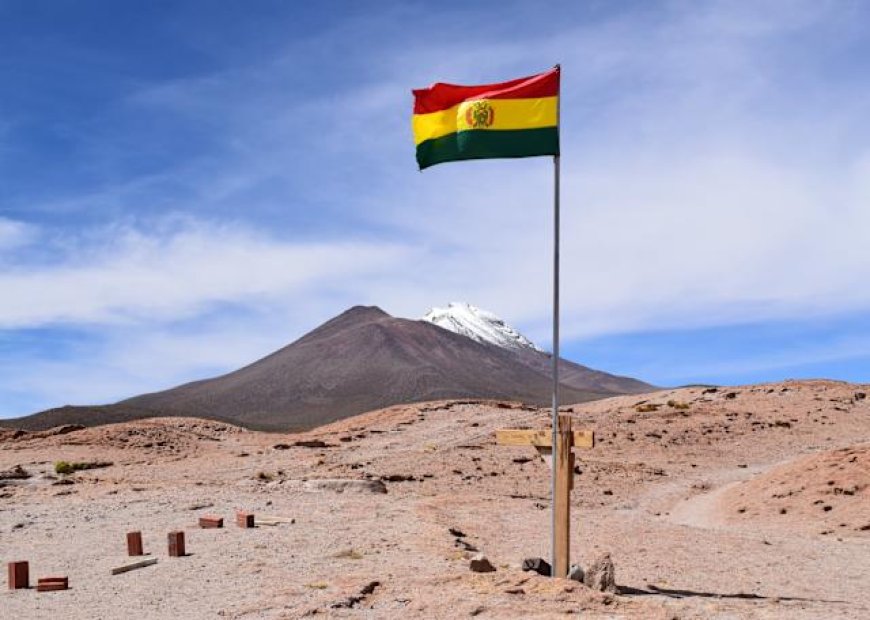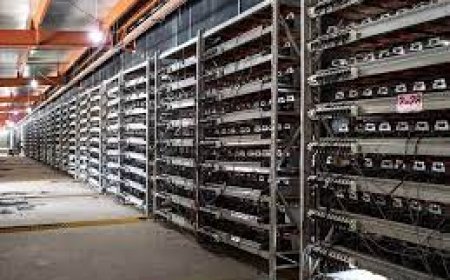Bolivia Plans to Use Crypto for Energy Imports, According to Report
Bolivia Plans to Use Crypto for Energy Imports, According to Report

Since lifting its ban on Bitcoin and crypto transactions in 2024, Bolivia has witnessed a noticeable rise in crypto adoption.
Bolivia’s state-owned energy company, YPFB, plans to use cryptocurrency to pay for energy imports, according to a March 13 report from Reuters. This decision comes as the country grapples with a shortage of foreign currency reserves and a decline in domestic gas production.
A YPFB spokesperson confirmed that a system has been set up to facilitate cryptocurrency payments for energy imports following government approval to use digital assets for the country’s needs. Although the system has not yet been used, YPFB intends to implement it.
The report does not specify which cryptocurrency will be used for these payments. Stablecoins, often employed for cross-border transactions due to their peg to fiat currencies, could be a possibility, though it remains uncertain if Bolivia will adopt this approach.
The fuel shortage in Bolivia has sparked protests and threats of strikes, particularly among workers, including farmers, who argue that the fuel scarcity endangers their summer harvest. As a result, only 35% to 50% of the country’s public transport system is operational. Alejandro Gallardo, the energy and hydrocarbons minister, pointed out that the shortage of foreign currency is creating significant challenges.
A spokesperson for YPFB explained that the new cryptocurrency-based purchasing system was introduced to support national fuel subsidies during the ongoing foreign currency shortage. "From now on, these (cryptocurrency) transactions will be carried out," the spokesperson confirmed.
Crypto Adoption Surges in Bolivia
In June 2024, Bolivia's central bank, Banco Central de Bolivia, lifted its long-standing ban on Bitcoin (BTC) and crypto payments, enabling financial institutions to conduct transactions with digital assets. The ban had been in effect since 2014.
By September 2024, Bolivia reported a 100% increase in virtual asset trading, with approximately $15.6 million worth of assets traded monthly between July and September. Of the $48.6 million traded, a significant portion consisted of stablecoins, which are commonly used in developing countries facing local currency devaluation or foreign currency shortages.
Stablecoin use in Bolivia gained significant momentum in October 2024 when local bank Banco Bisa launched a stablecoin custody service. Supported by the country's financial regulator, this service enables Bolivians to buy, sell, and trade Tether's USDt, a US dollar-pegged stablecoin.
Back in September 2016, it was reported that Bolivia had much to gain from adopting cryptocurrencies, given that a large portion of the population was unbanked. At that time, only 11% of residents used debit cards for payments, and just 5% used credit cards. Despite these challenges, Bolivia maintained its crypto ban until 2024, labeling cryptocurrencies as pyramid schemes in 2017 and even arresting crypto advocates.
What's Your Reaction?
 Like
0
Like
0
 Dislike
0
Dislike
0
 Love
0
Love
0
 Funny
0
Funny
0
 Angry
0
Angry
0
 Sad
0
Sad
0
 Wow
0
Wow
0






































































